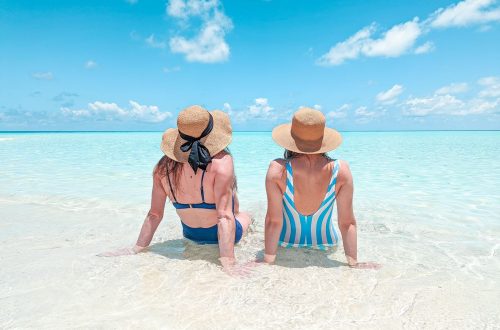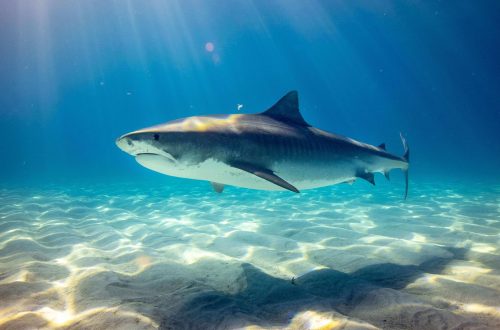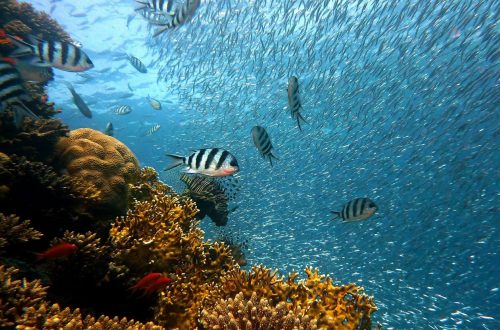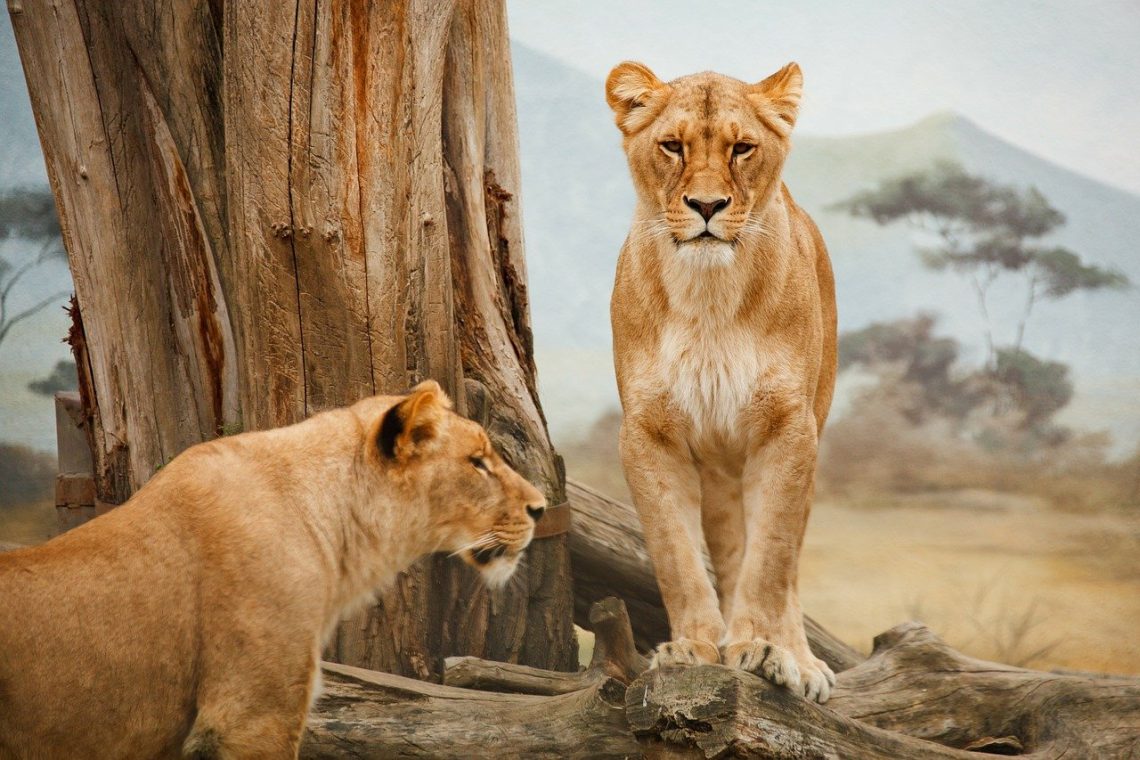
The Trip of a Lifetime: Are Safaris Ethical?
Are Safaris Ethical?
The Trip of a Lifetime
Safaris are another bucket list experience. How many people dream of hopping aboard a flight to the African continent in search of the Big Five? But are safaris ethical? What are the warning signs that things are going wrong?
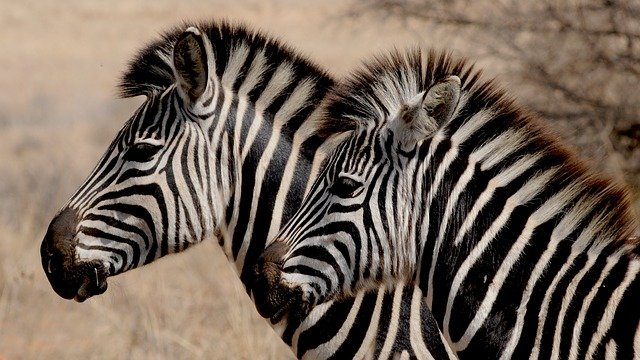
What I’m NOT talking about
The issue of where or not safaris are ethical goes deep.
It’s an issue that binds economy, tradition, morality, animal rights and human dreams. I couldn’t possibly cover it all here. It would make for a VERY long article if I did.
So I’m going to be upfront with you here and let you know that I am consciously bypassing at few of the major issues here.
Souvenirs
A big part of holidays is souvenirs.
Most are as harmless as anything you could buy in your local supermarket.
Some are not.
Souvenirs can sometimes incorporate products which come from wild animals such as ivory, shells and fur. Paying for these further encourages the wild animal trade.
In short…stay away.
Canned Hunting
Canned hunting is a WHOLE other issue that deserves a WHOLE other article…once I’m brave enough to write one.
And done enough soul searching to uncover my true thoughts.
Indigenous People
A debate about the role of safaris isn’t complete without a mention of the indigenous people and local residents whose lives are most directly affected by the choices made around the management of Africa’s plains.
The plight of indigenous people who are evicted from their ancestral land to make way for parks for tourists is often a forgotten piece of the puzzle as it happens quietly and without fanfare. It happens to people without a voice to shout with on the internet.
On safari holidays, tourists often chose to visit indigenous tribes. Is this inciting cultural appropriation or supporting the people of these tribes?
I’m not an expert on these issues and would never pretend to be so. I don’t feel that I am qualified to facilitate this discussion, but I would welcome anyone in the comments to give me their thoughts.
Whilst the central focus of this blog is to cover wildlife issues, it is important to acknowledge that people’s lives are never too far from the issue.
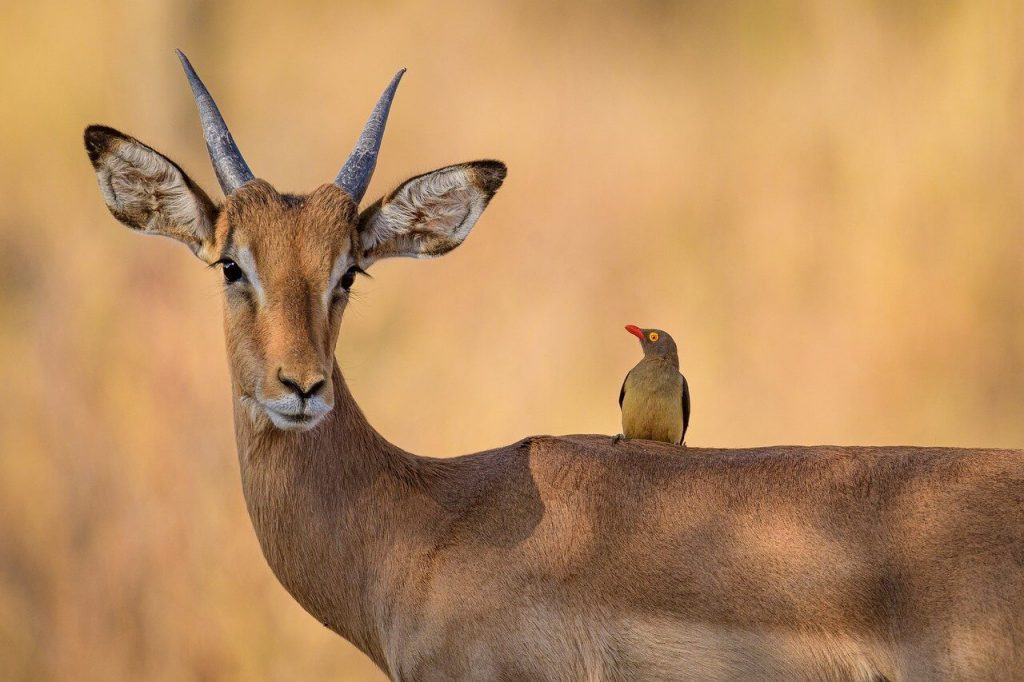
The Issues
Let’s bring this back to wildlife. What issues surround wildlife and safari adventures?
Land and Habitat
Land is valuable for many reasons- for agriculture, for infrastructure, for housing. That which holds the greatest value…wins.
Safaris place a monetary value on conservation.
Whether this is a good or bad thing remains to be seen, but the fact is there.
If people will pay to see wildlife, that places value on maintaining and caring for it. The reality is that much of the land would not be there if it were not for the levels of tourism that wildlife draws into the continent.
There is a trade off for keeping the land as a nature reserve. The continued business of tourism is an essential component in protecting that land.
It is reasonable to suggest that without safaris, many of the animals we are protecting many not have a home at all.
Stress Behaviour
Similarly to the dolphins we looked at last week, there is clearly going to be stressed placed on the animals by the constant presence of humans in their habitat.
In the same way that you would struggle if an unknown animal appeared to watch you go about your day, our proximity to animals may cause them to respond in unexpected ways.
We may unknowingly have destroyed a chance to catch food with noise. Our mere presence may place stress a new mother or cause a distraction that changes the outcome of a fight.
Elephants are thought to exhibit more aggression when humans gather around them in large numbers.
At the point where our presence is doing more harm than good, we have a problem.
Freedom…or Illusion?
We think of the animals we see on safari as being wild animals. And they are! To an extent.
They aren’t cared for. Nature is allowed to run its course. No breeding programs or daily performances exist. The animals roam their natural habitats.
But the animals in these reserves are not afforded boundless land. Fences keep them for straying into local villages and farms where they may be killed.
Some have become purposely habituated to presence of humans. The presence of tourists is paying to save their lives from poachers in some cases, but some might have moral issues with this practice.
Are safaris ethical if the animals are not truly free? You decide.
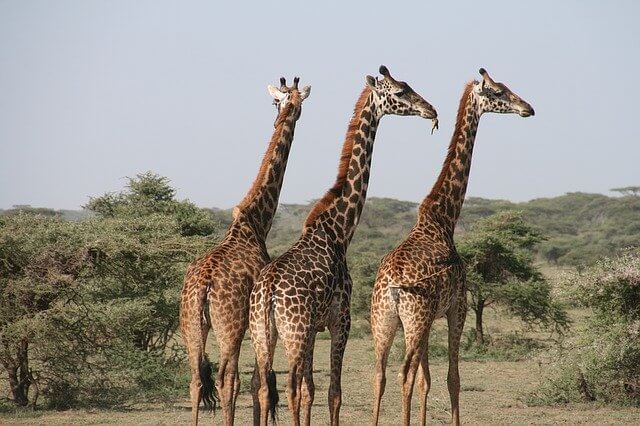
My Own Thoughts?
It’s Never Clear Cut
If we are honest with ourselves, we all know the REAL answer to “are safari’s ethical”. The answer is that they come with compromises.
We all know that the best thing for wildlife is for humans to leave it alone.
Completely alone.
But wildlife and humans don’t exist in isolation. We always have been, and always will be, intrinsically connected…but boy, do we complicate things?
The reality is that without safaris, the land would likely be taken over for some other use that was far worse for the wildlife. Without the money from tourism, poaching would be left unpoliced.
It might seem crass to place a monetary value on an animal’s life, but in the end, if we can ensure it’s worth more alive than dead, that’s got to be a good thing, hasn’t it?
I think there are plenty of ways that we can ensure that our safaris are ethical…or as close as it comes to ethical. They all come down to one thing…
The Power of Choice
If there is one thing I have learned in researching my mini-series on safaris, it’s this: choice is the most important thing.
An animal which is forced to interact with humans, like elephants in some so-called sanctuaries, has had a choice taken away from it. Jumping into the middle of a pod of dolphins or chasing them with a boat for your chance to get in the water with them, removes their right to choice.
In these delicate issues where we have to find a balance between the interests of humans and animals, I think you can’t go too far wrong if you ensure the animal always has a choice.
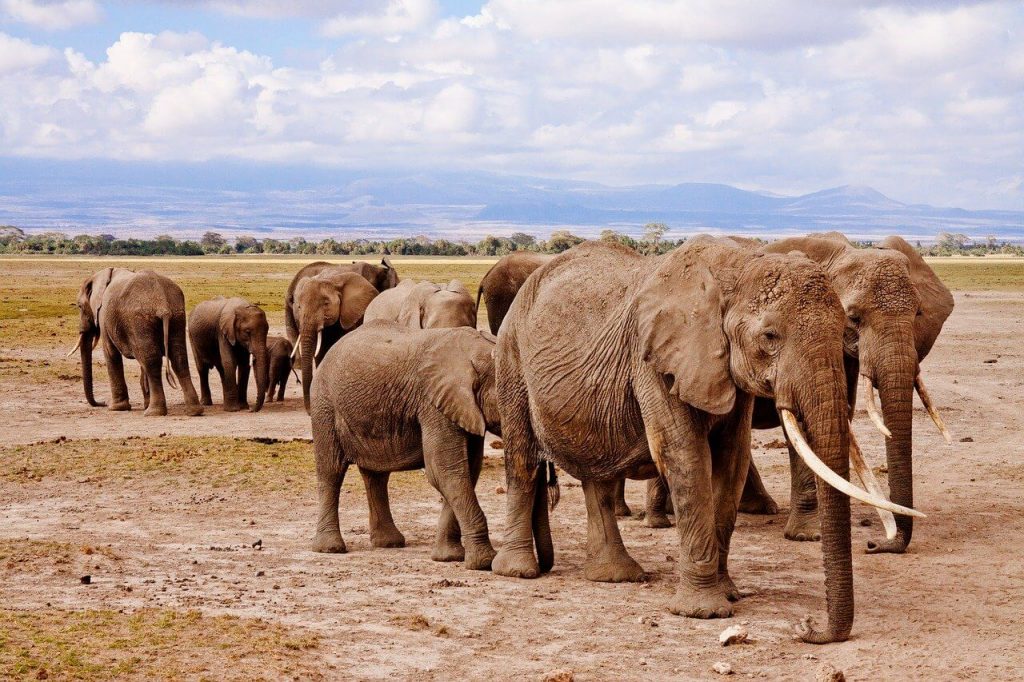
One Wild Thing
If safaris are ethical, they should abide by the rules below:
- Look…but NEVER touch. I feel like this should go without saying.
- Keep your distance from the wildlife and never pressure guides to take you closer to the animals. You could even check if the reserve you are visiting has rules and restrictions on this. For example, the Masaai Mara dictates that you keep at least 25m back from any animals you encounter.
- Don’t chase the animals- if they walk away, you move on too.
- Don’t use flash photography and keep noise to a minimum.
- Keep to the roads to minimise damage to the habitat.
- Avoid gathering around the animals in large groups.
You might also choose to research the companies you are using and establish where your money will go. Support species which are often targets for poachers- this will help pay for their protection. Consider visiting conservancies and organisations which pay back into the local area.



